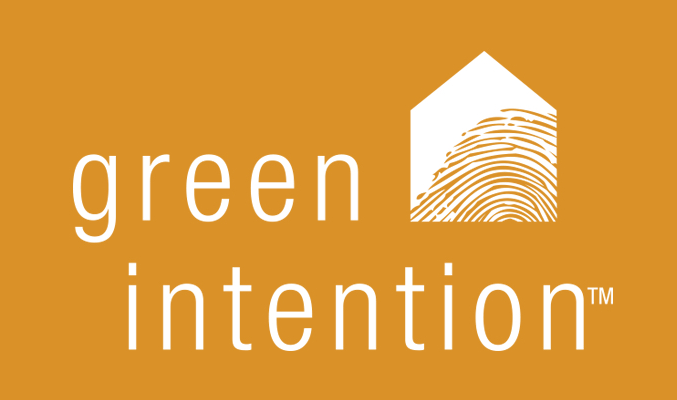I am honored to be nominated for the USGBC West North Central Region 2020 Leadership Awards! The description reads:
Raising the Standard: For individuals who have made outstanding commitments through their personal time and energy to expand the conversation around sustainability and green buildings outside the green building professional community to reach a broader population.
While I’m humbled by the staff at Temple Israel for nominating me, this is exactly what I’ve been trying to do. I’ve given talks to a wide variety of audiences: Minneapolis Film Festival, Jewish Artists Lab, a Creative Marketing agency, Tiny Home Festival, AIA Conference, Germanic-American Institute, and Windows and Doors Manufacturer’s Association—all for the purpose of “expanding the conversation around sustainability and green buildings to reach a broader population.”
Why? Because (almost) everyone lives or works in a building (now, most of us in our homes 24/7)! If you think about the building you live or work in, it has a significant effect on your happiness and well-being—the light, air, views to see nature outside, location. We spend 90% of our time indoors, and yet indoor air quality can be 3-5 times worse than outdoor air quality. And the built environment costs a lot to operate, uses a tremendous amount of resources: Buildings consume 39% of the nation’s energy, and produce 39% of our greenhouse gases. They also consume 14% of our potable water, 40% raw materials, and produce 30% of our waste.
Why do I care so much? Like most people, I worry about climate change and the environmental degradation happening to the planet, and I feel drawn to do something about it. I believe that the home is a great place to start. Not only does having a more sustainable home benefit the planet, but it is also beneficial to the homeowner for three very straightforward reasons—your health, wealth, and soul:
- It will be a healthier place to work, play, and sleep due to better air ventilation, air filtration, and furnishings that do not off-gas harmful chemicals and VOCs.
- It will cost less to operate due to reduced energy and water consumption, without sacrificing comfort or convenience.
- It will produce less waste and use resources more responsibly, making you feel good that you are doing your part to work towards a better future for the next generation.
That’s what my book, Building a Sustainable Home, is all about.
Looking at how we design, build, and live in our homes presents an excellent opportunity to match our values with the decisions we make—it’s like voting with your wallet, and you get to live with those choices every day.

